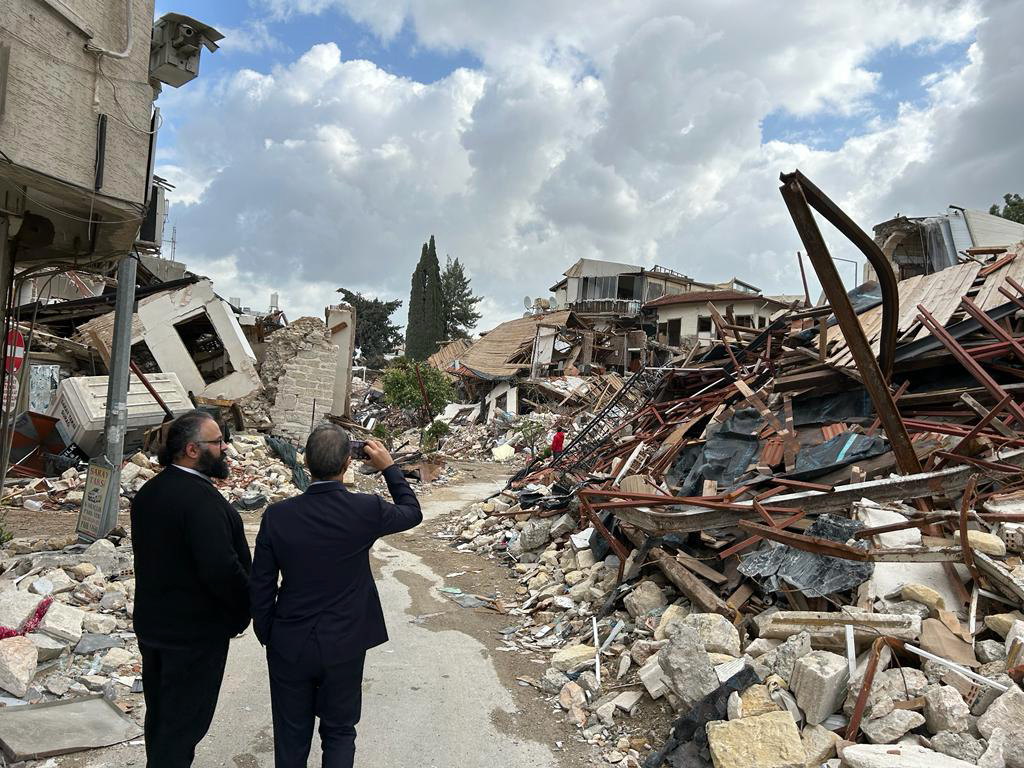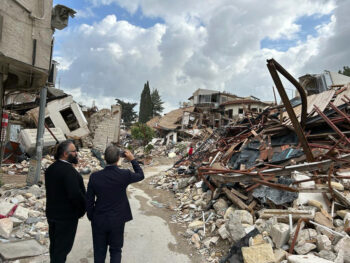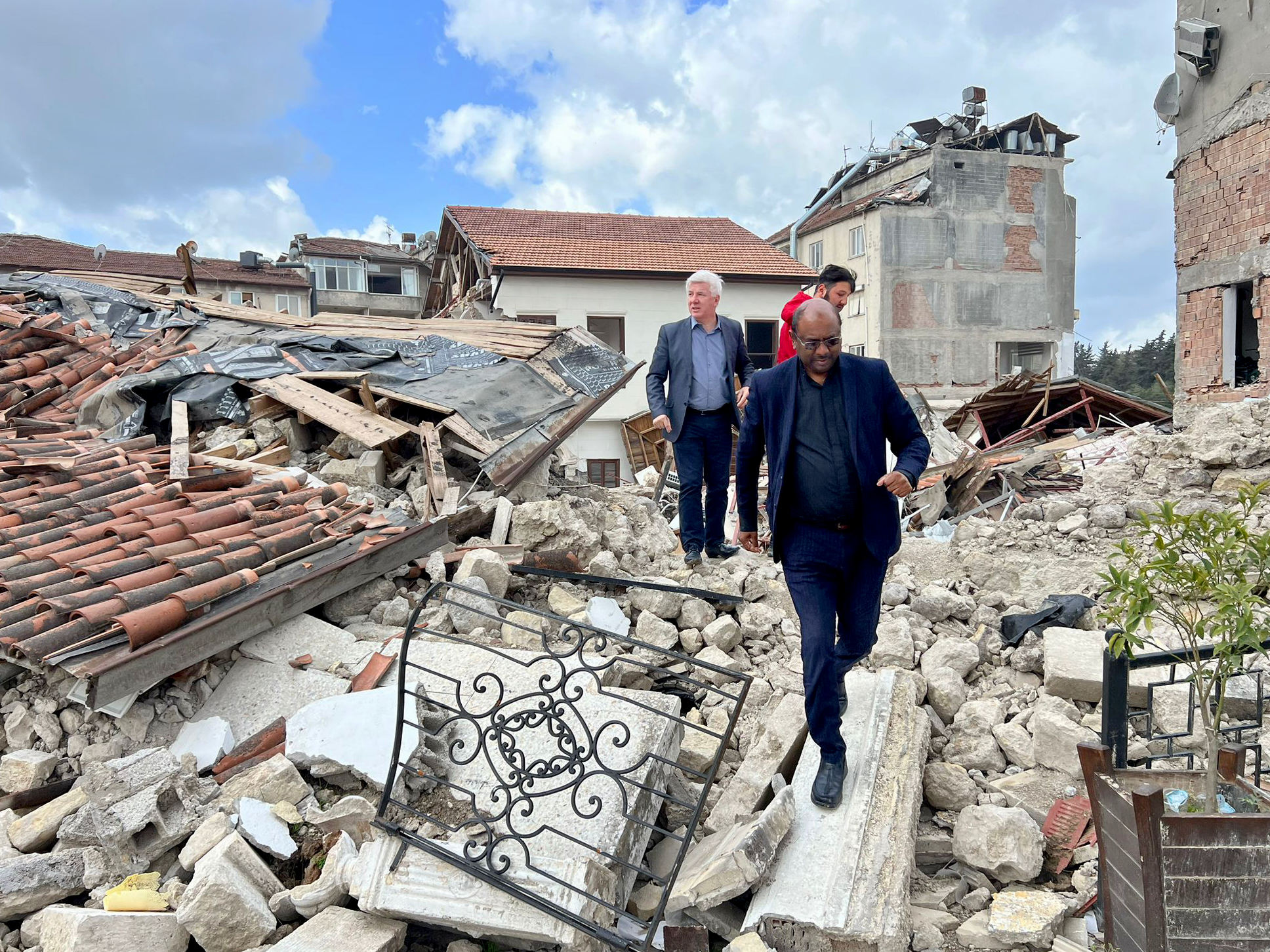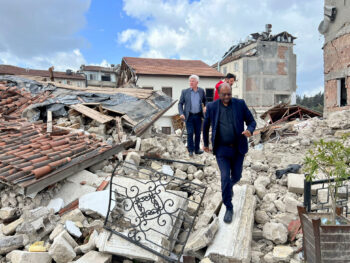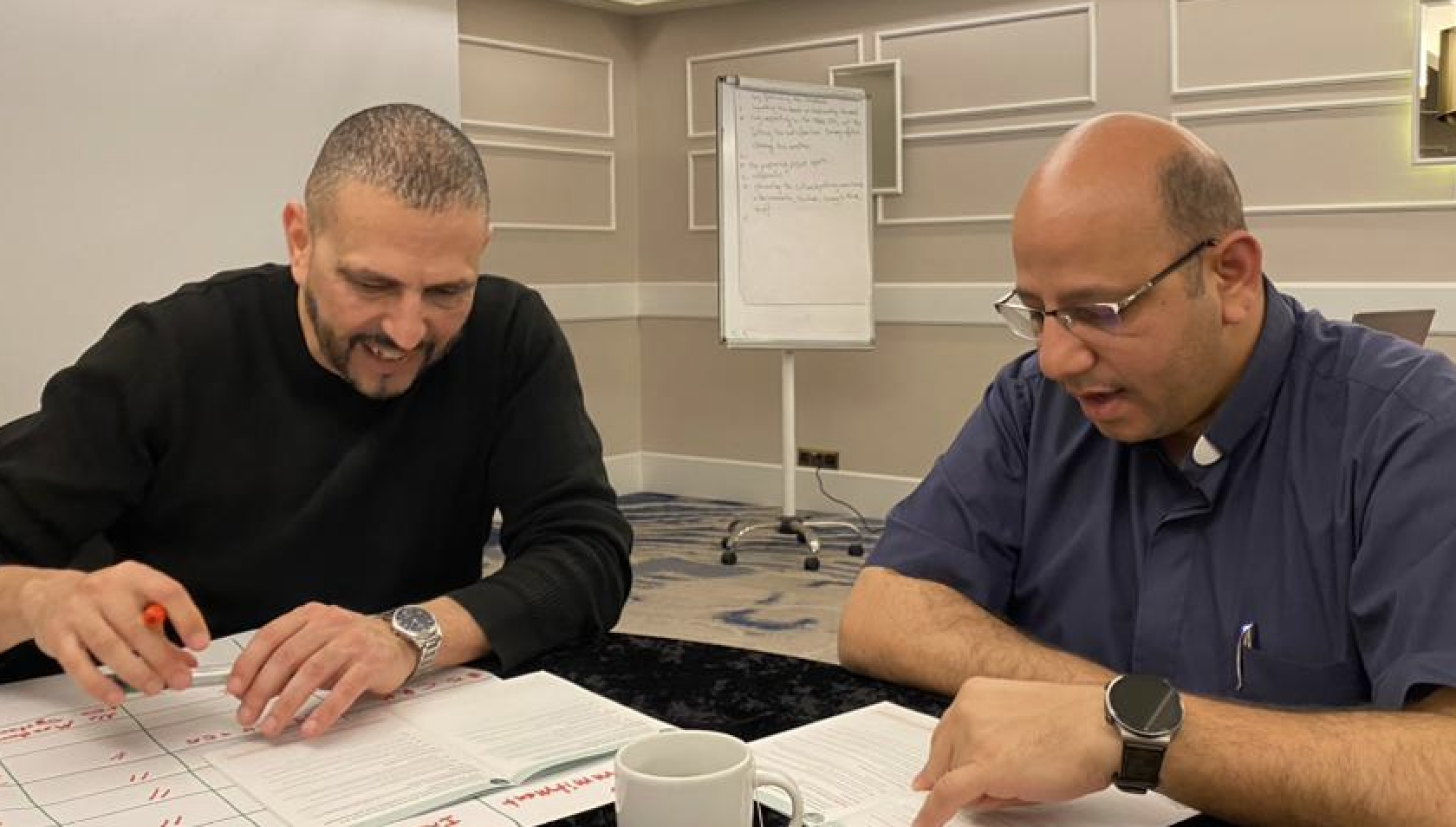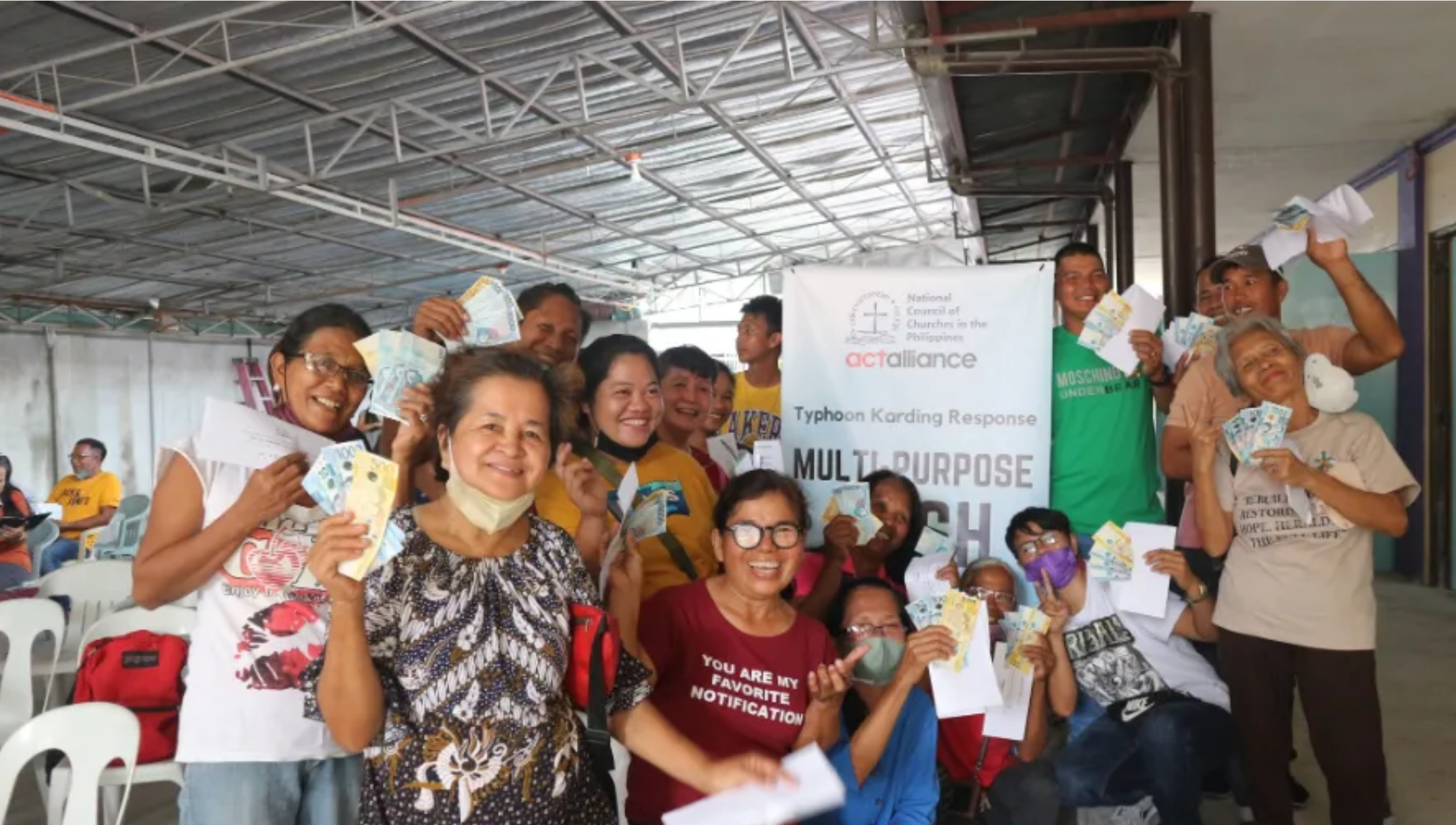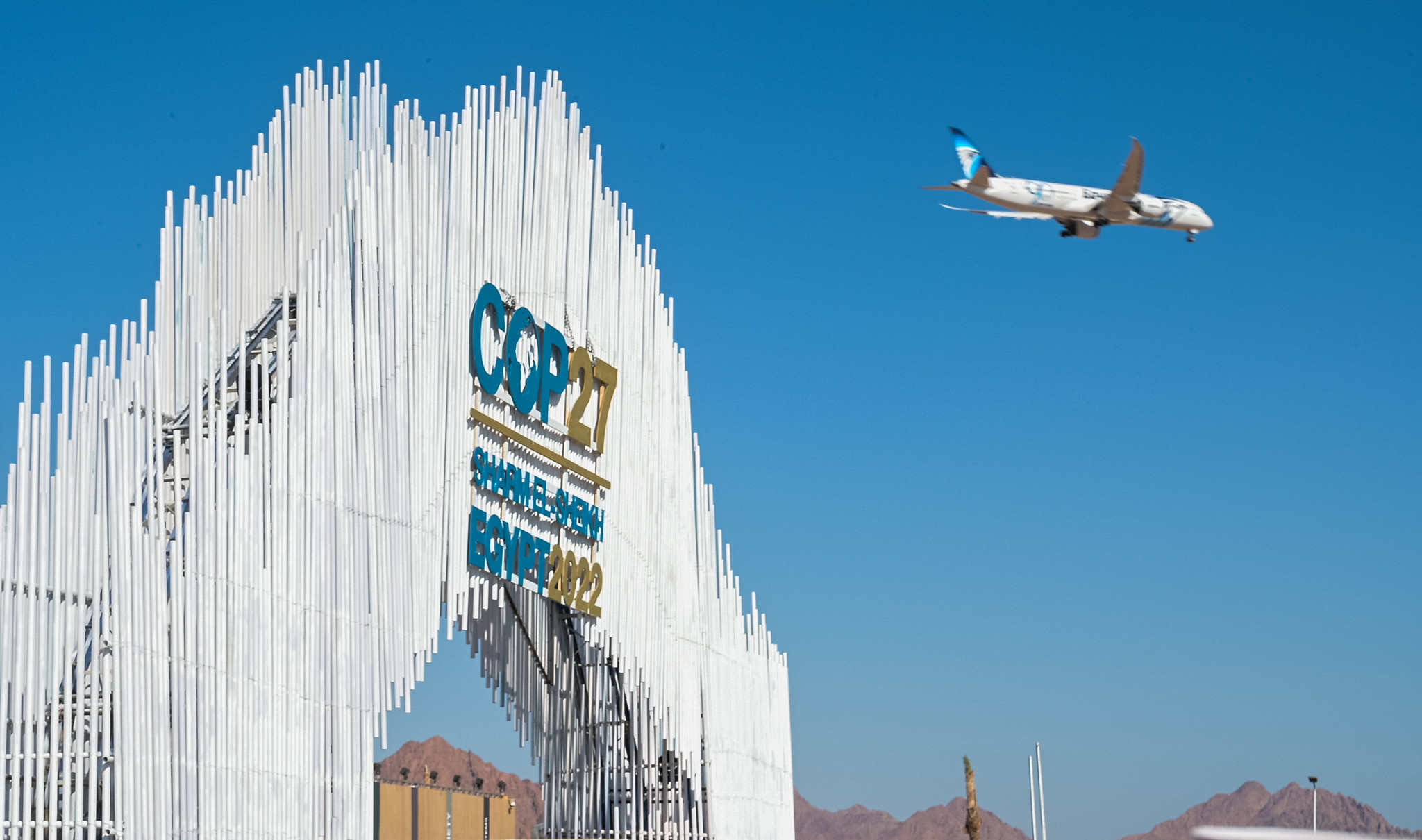 By Mattias Söderberg
By Mattias Söderberg
The debate about innovative climate finance has been going on for years. Momentum is growing, and it is now time for ideas to become solutions. There are two concrete proposals on the table: to introduce levies on international transport – ships and planes. I believe that the proposals are win-win and ready to be rolled out. I hope governments will read this blog and be inspired by my recommendations.
A global levy on maritime transport
Let’s start with shipping. The shipping industry is responsible for two to three percent of global carbon dioxide emissions. This may seem like a small contribution, but if we want to tackle the climate crisis, all efforts are needed. The shipping industry must turn green.
At a summit this July the International Maritime Organization (IMO) will address the need for reduced emissions. One concrete proposal is to introduce a levy which could become an incentive for shipping companies to reduce emissions. Such a levy could also become a way to mobilize climate finance, potentially for loss and damage.
It should be noted that a levy on shipping could have negative effects. Increased costs could lead to higher prices on the commodities and foods transported by ship. This is why it is important to have a global agreement to channel the revenue back to poor and vulnerable countries. Without a global agreement, I fear national and regional initiatives will increase costs for the shipping industry without channelling revenues back to developing countries.
Loss and damage money from air traffic
Now let’s look at aviation. There have been many proposals and discussions about taxes on air traffic. The latest focuses on mobilizing money for climate-related loss and damage. Called “International Climate Solidarity Levies,” the proposal would introduce an air tax earmarked for climate-related loss and damage and send the money directly to the new loss and damage fund that was agreed upon at the last climate summit, COP27.
The proposal is not to negotiate a global tax, but to encourage governments, airlines, and other actors to introduce a solidarity levy. This would mobilize funds for people and communities facing climate-induced loss and damage. This kind of levy can be introduced relatively quickly, and it can become a good source of climate funding.
An air levy would not have the same effect on trade as a levy on shipping. Experience of previous air levies and changes in the cost of tickets shows that most air passengers can afford an additional price for their journey.
Win-win for the climate
The international debate on the two proposals is underway. I hope governments will engage and look for solutions. The fact that shipping and air traffic can contribute to climate action is a real win-win. On the one hand, the taxes will be an incentive for the two industries to become greener. On the other hand, it is an opportunity to mobilize climate money based on the principle that the polluter must pay. That is a real win-win for the climate.
Mattias Söderberg of DanChurchAid is co-chair of the ACT Alliance Climate Justice Reference Group.


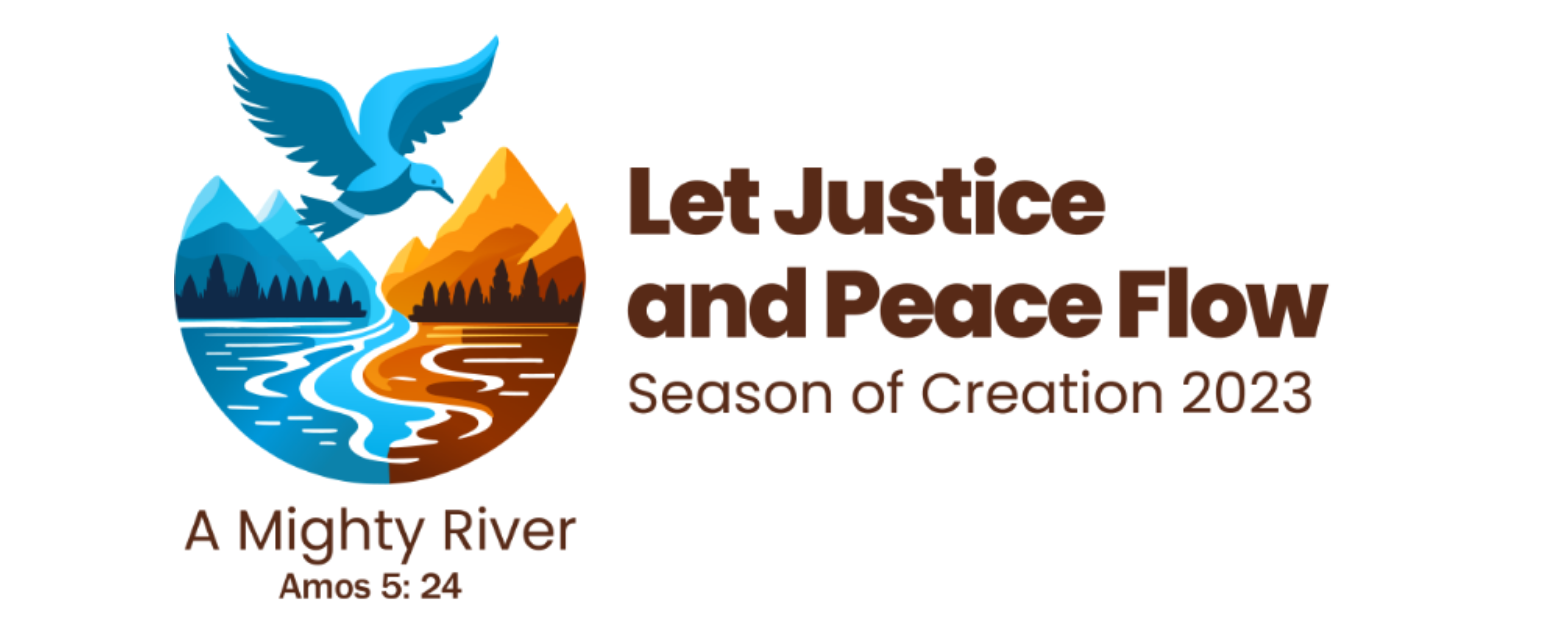
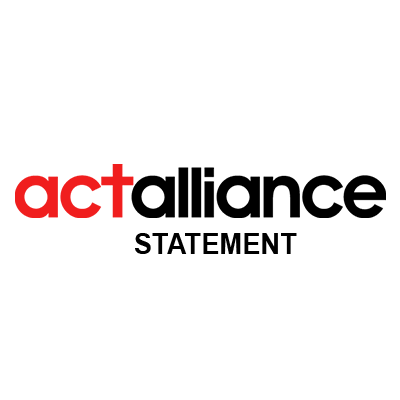
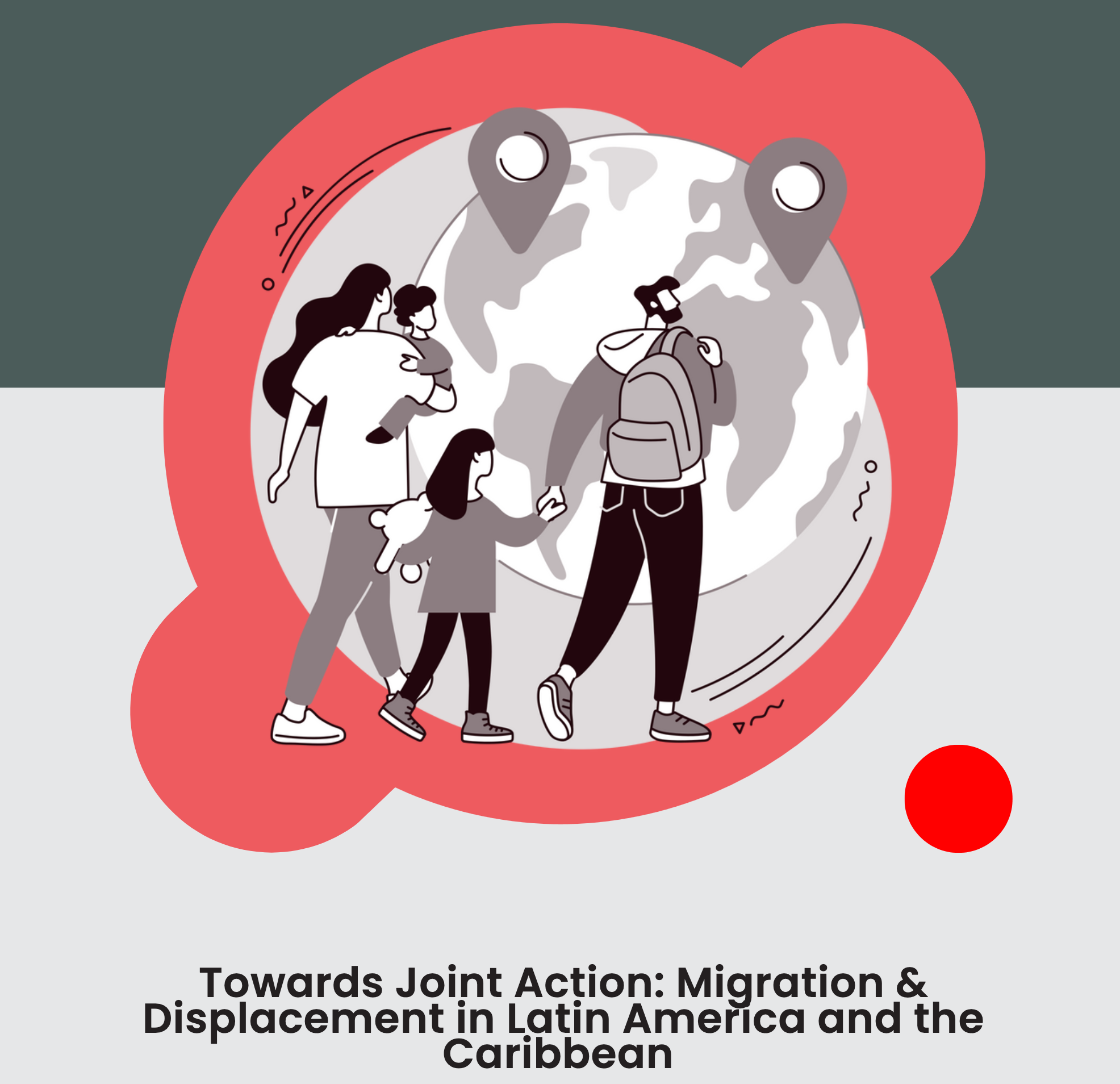 “Towards Joint Action: Migration and Displacement in Latin America and the Caribbean.”
“Towards Joint Action: Migration and Displacement in Latin America and the Caribbean.” 